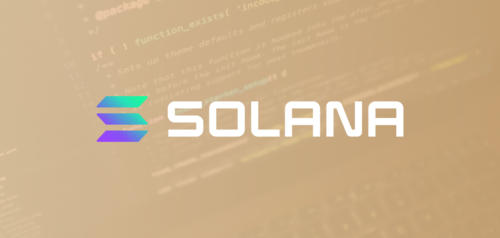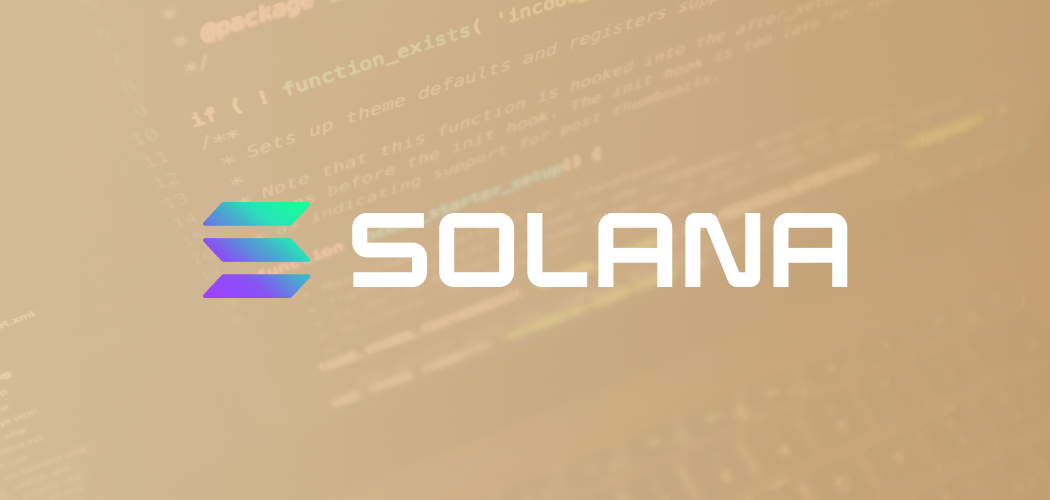

Solana Labs, the blockchain development firm behind the Solana blockchain, has disclosed the upgrades that it will prioritize in the near term, in a bid to respond to the network's current scaling challenges.

Growing concerns over the network's ability to handle growing transaction volumes pushed Solana's blockchain development team, which includes Anatoly Yakovenko, its CEO, to address the challenges and solve the network's performance issues head-on.
In a Twitter Spaces session led by Austin Federa, Solana Labs' Head of Communications, Yakovenko discussed how upgrades to the issues surrounding Solana are set to be rolled out in the coming weeks. According to Yakovenko, their developer team's timeline has set sights for an upgrade within the next 4-5 weeks. Additionally, Yakovenko claims that some upgrades have already made their way to Solana's mainnet.
Solana's native token, $SOL, has suffered a 35% loss during the recent crypto bear market, dropping its record-high peak of $259 in November at 14,000% all-time growth to just 4,800%. The network congestion issues have proven to be difficult, especially for $SOL holders who have recently had to re-collateralize their positions in the recent crypto market downturn.
The Twitter community session discussed how spam issues have continued to plague Solana's blockchain, with "liquidator bots" filling up singular nodes with duplicate messages. According to Yakovenko, the liquidator spam which was causing network congestion was likely not made by bad threat actors who intentionally launch the spam. Rather, the case one of network "starvation" in the sense that while users are already aware of the congested network state, transactions are still filed for processing, effectively choking the network because of unnecessary demand.
This trend has resulted to over 2 million packets per second of data flooding the network, rendering it to its full capacity and effectively disabling the network to the point of outage. Each packet can be loaded with the deduplication code only after 100 microseconds.
Yakovenko explained that this network bug for duplicated processing could be countered with deduplication code, however, the same code could only be executed until after the signature verification, hence being ineffective and late. Given the scale of transactions on Solana's blockchain, this posed a difficulty. Yakovenko assures users, however, that this very issue has been addressed in the Solana mainnet's version 1.8.14.
Yakovenko and Solana Labs' engineering team plan to introduce a "flow control" feature on the Solana blockchain's 1.9 testnet, with QoS (Quality of Service) options being introduced according to stake weight. With this solution, the engineering team behind Solana hopes to be able to stress test and tune the network's handling capacity and parameters according to its needs. Once viable, the solution will be introduced as an upgrade to Solana's version 1.8 manner.
